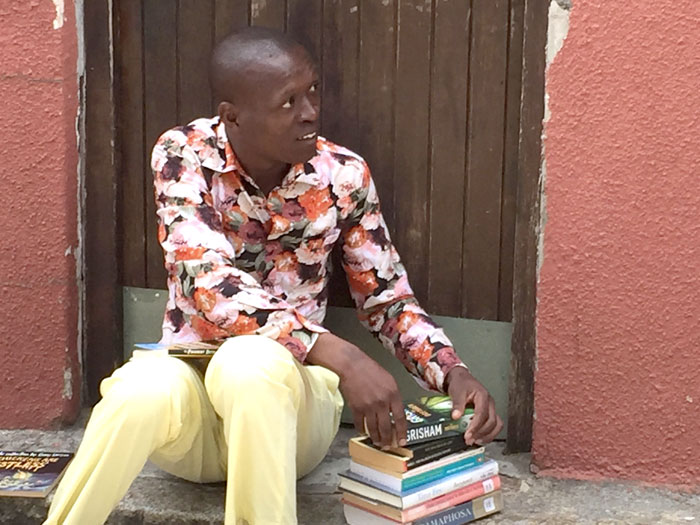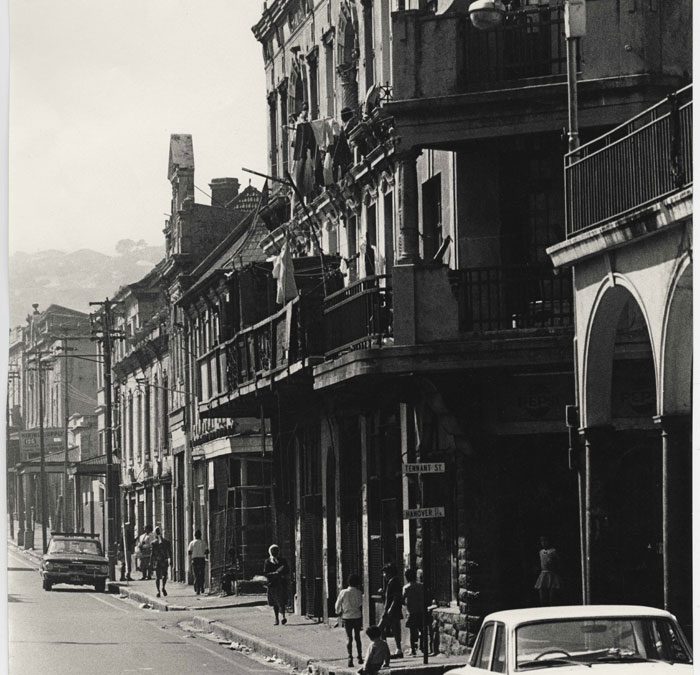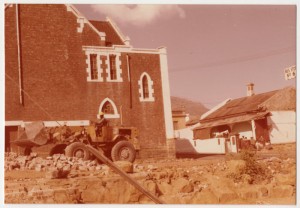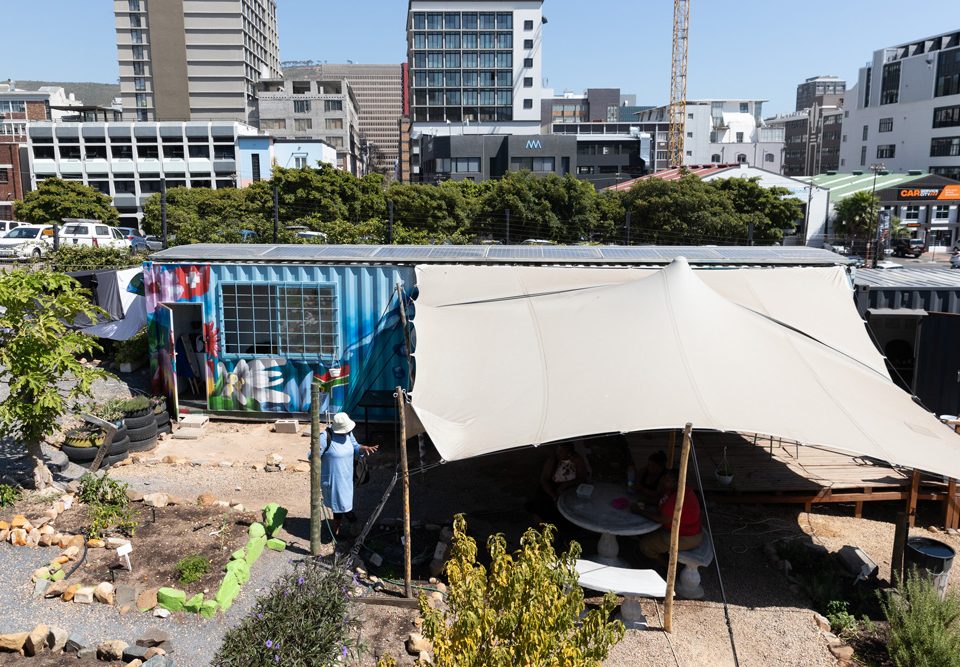
Breakfast with a champion
January 29, 2016
Metrorail’s skorokoro trains
February 17, 2016
On 11 February 1966, the apartheid government resolved to force people out of District Six and demolish their homes.
It was a horrendous act of destruction and the largely empty land left behind still stands there every day as a reminder to commuters of what was done – and what has not been done since.
In the 60s, the government forced District Six residents to move to places far removed from the lives they’d known, while their actual homes were torn down. People ended up as far afield as Langa, Bonteheuwel, Manenberg and, in time, Mitchells Plain.
“[The residents] were moved to different places and that was very sad in part because they didn’t move as a group,” says Bonita Bennett, director of the District Six Museum in Cape Town. “The removals were staggered. People started in their new communities with a lot of resentment and many didn’t truly want to invest in their new communities.
Communities aren’t just homes – they’re sports clubs, churches and choirs. So many people commuted back to District Six to live part of their lives and slept in the townships.”
The post 1994 government has recognised the need for redress and, to that end, passed the Land Restitution Act, to help people with claims move back to the area or accept financial compensation. But while the intention was admirable, the reality has been somewhat less laudable.

Says Bennett: “I think it’s a very important Act. But it’s been a very inefficient process and people have been frustrated with the bureaucracy. A lot of people have died in the process of waiting. And the whole point about District Six concerned the intangible aspects of the community, like caring for the elderly. So building homes is not enough.”
Bennett recommends that government partner with various organisations so that solutions to displacement challenges can have the scale and insight they need. She also advocates simply acknowledging what overcoming the legacy of social dislocation should involve.
“The past does matter,” she says. “You can’t legislate forgetting. We need to acknowledge that the past had a traumatic effect on people. You don’t have to be stuck in the past but these things did happen.”
Visit the museum’s website on www.districtsix.co.za




